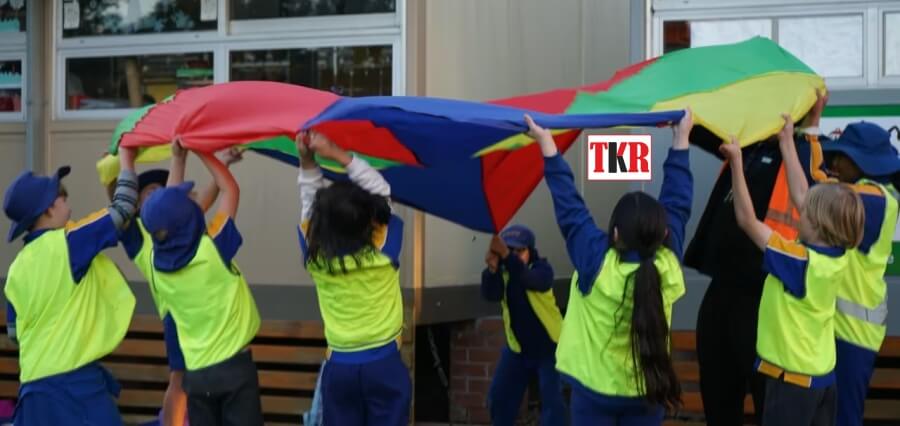A pilot study demonstrates how the development of children’s wellness and social connections can benefit greatly from after-school care. Children are given a voice and a role to help shape their own experience as part of the program’s inclusion in the planning process.
Through a groundbreaking project that closes a critical gap in Outside School Hours Care (OSHC) throughout Australia, children are learning to improve their wellbeing and deepen their social ties.
In Australia, the field of early childhood education and care (OSHC) is expanding the quickest. According to the Productivity Commission, the OSHC system serves almost 500,000 Australian children as of 2020.
According to a NSW Department of Education evaluation, OSHC programmes have the potential to develop into settings that actively promote children’s wellbeing.
The first co-designed social connection and wellbeing programme for primary school-aged children (five to 12 years old) in after-school care settings is called the Connect, Promote, and Protect Programme (CP3). The Brain and Mind Centre at the University of Sydney collaborates with Uniting NSW.ACT on CP3.
For many Australian families, after-school programmes offer a valuable service, according to Dr. Alyssa Milton, the study’s principal author from the University of Sydney’s Brain and Mind Centre. The programme is in their language and on their terms, which makes CP3 unique in that it gives children’s voices and needs a chance to be heard.
Dr Alyssa said, “In our mixed methods process evaluation, we found the pilot program not only significantly improved the children’s pro-social behaviours and reduced peer problems as measured by the Strength and Difficulties Questionnaire, it also highlighted that the program made families, educators and volunteers feel connected to their community. This is important as social connection is a key determinant of wellbeing.”









